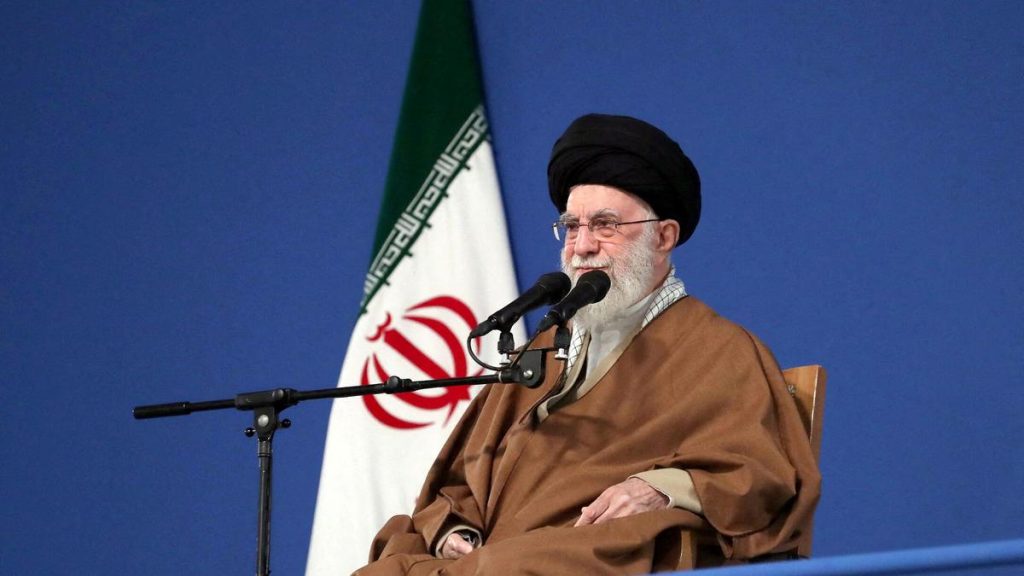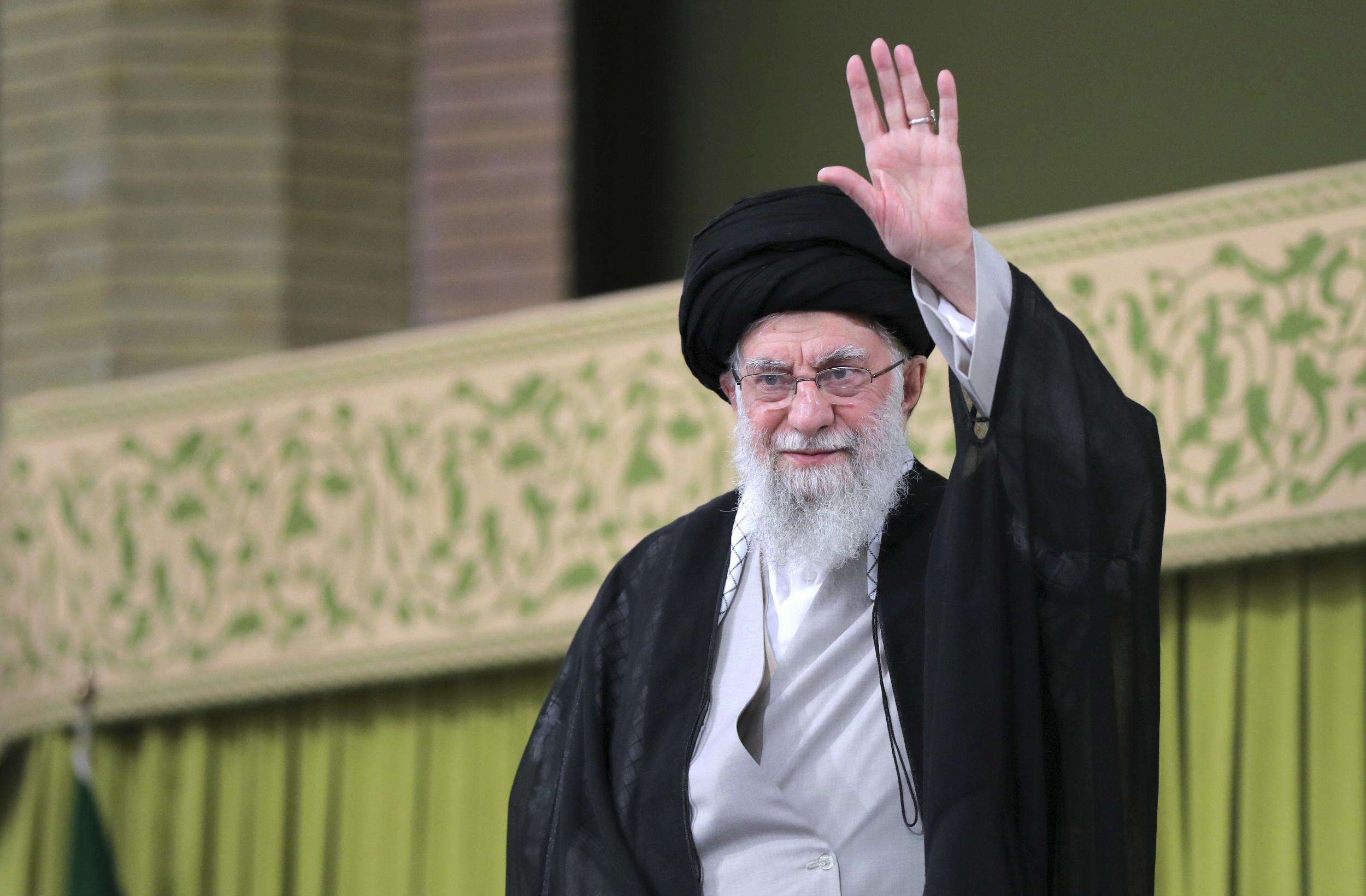Israeli Defence Minister Israel Katz has stated that his country would have attempted to assassinate Iran’s supreme leader, Ayatollah Ali Khamenei, during the recent conflict if circumstances had allowed.
In an interview with public broadcaster Kan on Thursday night, Katz revealed that Israel’s military had actively searched for a chance to eliminate Khamenei during the 12-day war but was unable to locate him.
“If he had been within our reach, we would have taken the shot,” Katz said. “He understood this, went deep underground, cut off communication with commanders… so it was ultimately unrealistic.”
Katz indicated to Channel 13 that such assassination efforts were now off the table, stating, “There’s a difference between before the ceasefire and after it.”
Earlier in the conflict, Katz had been outspoken in his belief that Khamenei “can no longer be allowed to exist,” despite reports that the United States had blocked Israeli plans to assassinate the Iranian leader.

He also warned Khamenei to remain hidden: “He should take a page from the late Nasrallah,” Katz said, referencing Hezbollah’s former leader Hassan Nasrallah, who was killed by an Israeli airstrike in Beirut in September 2024.
Khamenei, who has not left Iran since assuming power, is known for being guarded by extensive security measures and operating under extreme secrecy.
Katz reiterated Israel’s military dominance over Iranian airspace and warned that future action remained possible. “We won’t allow Iran to obtain nuclear weapons or threaten Israel with long-range missiles,” he said.
During a separate interview with Channel 12, Katz admitted that Israel does not know the exact whereabouts of all of Iran’s enriched uranium. However, he claimed Israeli airstrikes had severely disrupted Iran’s nuclear enrichment infrastructure.
He noted that destroying the enriched uranium itself was not the mission. “The material wasn’t the target for elimination,” he explained.
The overall effect of Israeli and US strikes on Iran’s nuclear capabilities remains under scrutiny. A leaked US intelligence report estimated Iran’s programme had been set back by several months, while Katz and other officials have argued it could take years for Iran to recover.
The conflict between Israel and Iran, which began on June 13, concluded with a ceasefire on June 24. Israel launched the unprovoked military operation with the stated goal of halting Iran’s alleged pursuit of a nuclear weapon—a claim Tehran continues to deny.


 Trending
Trending 